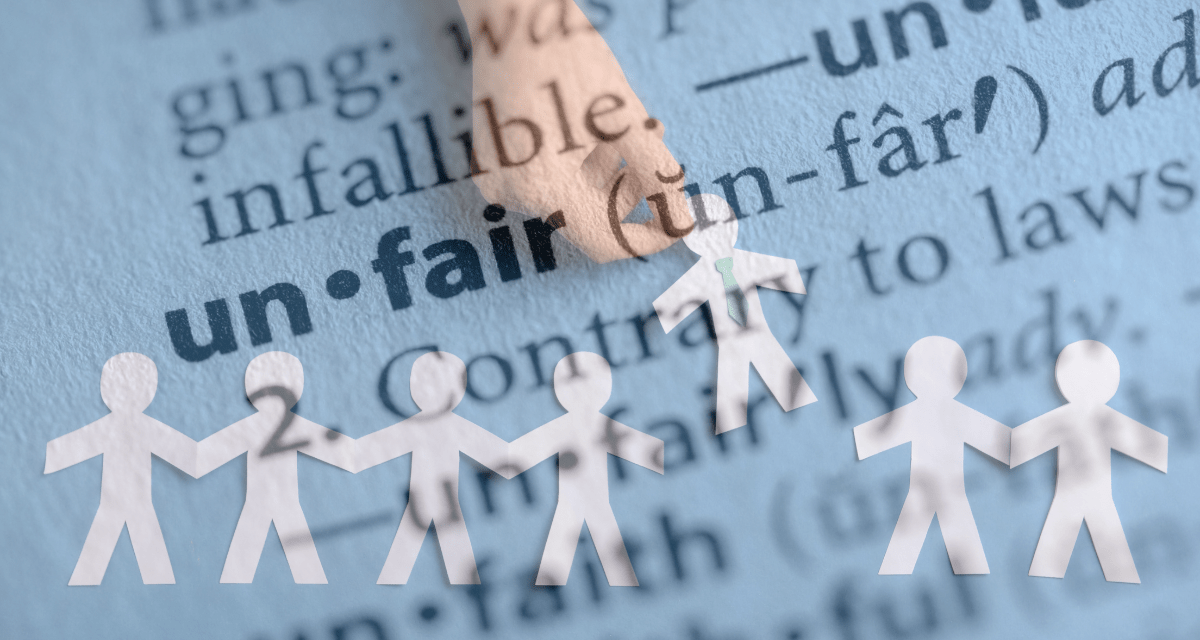Recently there has been an influx of terminations and the question will always be “Is the termination Unfair and is it worthy of Unfair Dismissal proceedings”. Noel Martin, Northern Industrial Officer provides a brief overview of Unfair Dismissals.
If you are a member and you have been terminated you should always seek assistance from the Union at the very earliest opportunity to ensure that you receive proper Industrial advice.
If you are a member of the USU you have the right to Union Representation, and this can be at any stage of the process. Should you be facing any disciplinary action at all, you should contact your USU Organiser urgently. If the Organiser is not available when the employer wants to meet with you then you have the right to reschedule the meeting so that your Union Organiser is available to represent you.
When an employer schedules a meeting with you, you have a right to know what the meeting is about and should you be advised that the meeting is about one thing then the employer raises further issues that may lead to disciplinary action, you have the right to request that the meeting cease until you have proper Union Representation.
Involving your Union at the earliest opportunity gives you the best chance of reinstatement as your Union will identify any mitigating circumstances that the employer must consider prior to terminating your employment.
For example, The Workplace Investigations Guidelines attached to the Local Government (State) Award provides in part at Step 1
When deciding whether to investigate possible unsatisfactory work performance or conduct, factors that the employer should consider include:
- Whether the Complaint itself has been copied to others, thereby indicating that any allegation about work performance or conduct may be vexatious, punitive or harassment, and,
- Whether there are any mitigating factors (for example drug/alcohol dependency, health issues including mental health issues, or family/domestic violence issues).
Early intervention by the Union usually provides better results for the member.
Once terminated to be successful in an Unfair Dismissal case, one must be able to prove that the Dismissal is Unfair, Unjust and/or Unreasonable.
One does not have to prove all three i.e. Unfair, Unjust or Unreasonable but to be successful an applicant must prove at least one of them. Only 5% of cases that are arbitrated are successful.
In normal circumstances a termination is not Unfair if the person has stolen, has been fighting, being abusive, failure to follow reasonable managerial instruction and failure to abide by regulatory statutes such as Work Health & Safety and Road Rules i.e. Failing Roadside Breath Tests, of course it is not limited to these and there can be others.
Prior to a matter being filed in the Industrial Relations Commission or Fair Work, the Union will assess each case on its own merits. The Union uses criteria such as the reasons why the person was terminated and if the employer followed proper process such as the Workplace Investigation Guidelines attached to the Local Government (State) Award and/or procedural fairness.
When a matter is filed with either the Industrial Relations Commission or Fair Work both tribunals have a Statutory Obligation to try and resolve the matter and in the first instance through a Conciliation Process. The Conciliations are done on a Without Prejudice basis and approximately 90% are resolved in this manner. Whatever the resolution reached, it is usually captured by what is known as Deed of Release which is signed by both parties and concludes the matter.
Should a matter proceed to a Hearing Application then a timetable is set by the tribunal giving each party an opportunity to put on evidence. When a matter is arbitrated then a commissioner or Judge will hand down their decision. There will be a winner and a loser!
When considering the evidence at a hearing, the tribunal is obligated to look at all of the evidence and determine the facts along with whether the Applicant has attempted to mitigate their loss. This means that an applicant must search for and apply for other positions/employment, and should they be successful in obtaining alternative employment, then the money earned will become a determining factor in any compensation awarded. In some cases, an individual may be successful in their claim yet receive no compensation because the Applicant has been successful in obtaining alternative employment.
As always if you are issued a Show Cause letter as to why your employment should not be terminated then it is imperative that you contact your Organiser at the earliest time so that they can assist you to navigate what will be an extremely stressful process.
This is a brief overview of the process of Unfair Dismissal and not to be construed as legal advice.


